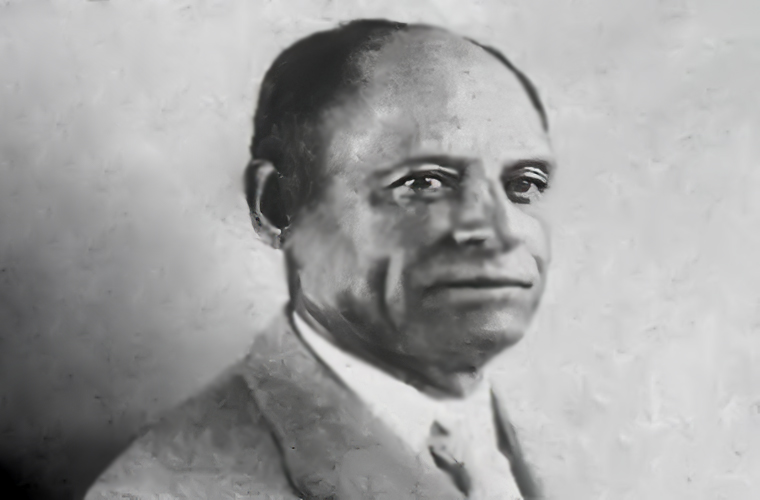Philip Jordan’s name may not be widely recognized in the annals of history, but his role as a first-hand observer and informal reporter on the Russian Revolution of 1917 is a testament to his remarkable journey. Born in 1868 in Jefferson City, Missouri, Jordan’s early years were marked by adversity and struggle. Believed to be the son of a slave, he grew up as a reckless street fighter and battled with alcoholism. However, fate had other plans for him, and at the age of 21, he found himself in the service of David Rowland Francis, who was then the governor of Missouri.
It was in the Francis household that Jordan’s life took a significant turn. Over the years, he earned the trust and respect of the family, particularly that of the governor’s wife, Jane. She not only recognized his potential but also took it upon herself to teach him to read and write, offering him a chance at education and self-improvement. Despite his occasional struggles with alcohol, Jordan’s loyalty and dedication to the Francis family did not go unnoticed.
In 1916, when David Rowland Francis was appointed as the U.S. Ambassador to the Russian Empire by President Woodrow Wilson, Philip Jordan’s journey took an unexpected international turn. Accompanying the ambassador to St. Petersburg, Jordan found himself at the heart of a rapidly changing political landscape. Little did he know that he would bear witness to one of the most significant events in modern history—the Russian Revolution.
Upon their arrival at the American Embassy in St. Petersburg on April 13, 1916, Jordan took on the responsibility of managing the embassy’s day-to-day affairs. This included overseeing the procurement of essential supplies such as food and drink, and even navigating the complexities of acquiring black market goods—a task essential for maintaining some semblance of normalcy amidst the upheaval.
As the winds of revolution swept through Russia in 1917, Jordan found himself at the epicenter of history in the making. The once formidable Russian Empire was in turmoil as defeated and undisciplined soldiers abandoned the front lines and made their way to the capital. Simultaneously, uprooted peasants and disenfranchised citizens added to the chaos, while the Russian aristocracy struggled to maintain control in the face of mounting opposition from moderate and radical socialists, labor unionists, and anarchists.
Amidst this tumultuous backdrop, Philip Jordan’s keen observations and unique vantage point provided valuable insights into the unfolding events. His firsthand accounts shed light on the human stories behind the political upheaval—the struggles, aspirations, and fears of ordinary Russians caught in the throes of revolution. Through his eyes, we gain a deeper understanding of the complex interplay of forces that shaped one of the defining moments of the 20th century.
Yet, despite his invaluable contributions as a witness to history, it took nearly a century for Philip Jordan to receive the recognition he deserved. His status as an informal reporter on the Russian Revolution was overshadowed by more prominent figures and official accounts. However, history has a way of bringing overlooked voices to the forefront, and Jordan’s role in documenting this pivotal period is now being rightfully acknowledged.
In revisiting Philip Jordan’s story, we not only honor his legacy but also recognize the importance of perspectives often marginalized in historical narratives. His journey from a troubled youth in Missouri to an eyewitness to one of the most consequential events in modern history serves as a reminder of the resilience of the human spirit and the capacity for individuals to shape the course of history.
As we look back on the Russian Revolution through the lens of Philip Jordan’s experiences, we are reminded that history is not just a collection of dates and events—it is a tapestry woven from the lives and stories of individuals who bore witness to its unfolding. In recognizing Philip Jordan’s contributions, we enrich our understanding of this pivotal moment in time and pay homage to all those who, like him, have played a role—however unheralded—in shaping our collective history.

